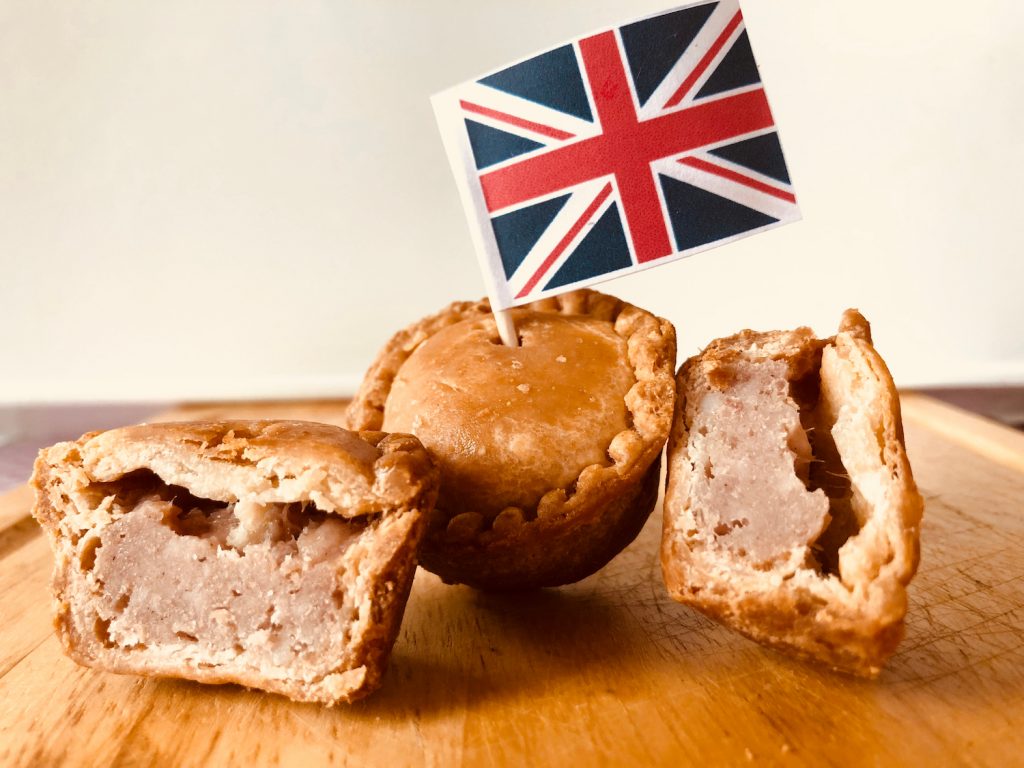MPs vote against food standards amendment
6th November 2020
A debate in the House of Commons has seen MPs vote against an amendment to the Agriculture Bill, brought by the House of Lords, which would have required that standard of imported food to match UK standards.
A debate in the House of Commons has seen MPs vote against an amendment to the Agriculture Bill, brought by the House of Lords, which would have required food imports to match UK standards.
The amendment was rejected by 331 to 272 votes (a margin of 59 votes).
After months of cross-industry campaigning, which has seen over a million people sign a petition to protect food standards, the government announced last week that the Trade and Agriculture Commission would take on a statutory, rather than an advisory role.
The commission will produce a report on the impacts on agriculture and animal welfare of each free trade agreement signed by the government after 1st January, to be laid before parliament for scrutiny.
Whilst the government has repeatedly stated that products such as chlorinated chicken and hormone-injected beef will not be allowed in the UK, the Agriculture Bill does not state that imports must match domestic standards. A campaign to amend the Bill has united animal welfare, environmental and farming organisations, as well as consumers and celebrities such as Jamie Oliver and Joe Wicks.
Debating an amendment requiring food imports to match domestic standards, which was voted through by the House of Lords, farming minister Victoria Prentis urged the Commons to vote against it, saying: “My concern about amendment 16B is that it would cause problems for our negotiators and impose burdensome administrative measures on our trading partners.
“Demonstrating equivalence of standards is a complex and technical task that involves delving deeply into the cowsheds, chicken huts and legislatures of other nations. I feel that our amendment in lieu is a better way to achieve the goal.”
Whilst a number of MPs welcomed the strengthening of the Trade and Ag Commission, and spoke in support of the government’s decision to reject the amendment, others expressed disappointment and unease, arguing that the Commission still does not go far enough.
SNP MP Deidre Brock said: “We are always being told, ‘Not here, not now,’ but we have never been told why exactly the Government are so opposed to putting food protection in legislation. The EU manages it and other countries manage it, so why not the UK, particularly in view of the overwhelming support from the public and our agricultural communities? […]
“It is an issue that causes grave concern to food producers and consumers, because the guarantees that help to protect farm businesses also help to protect the health of people who pick up their food from the shelves of supermarkets.”
She also raised concerns that with an 80-strong government majority, MPs on the Opposition Benches “would have no way of pushing that forward if we disagree with whatever trade deal comes before this House.”
DUP MP Carla Lockhart added: “If the Government’s good intentions are genuine, they ought to support these proposed changes to the Bill, legislate today and remove any question mark over the commitment to protecting our industry and our consumers.”
The Ag Bill has so far stacked up around 100 hours of debate and will return on Monday 9th November as part of the parliamentary process known as ‘ping pong’.

